In an era where the need for skilled labour is more pressing than ever, initiatives focused on upskilling through industry-academia collaboration have become pivotal to national growth, writes Upendra Kasbekar.
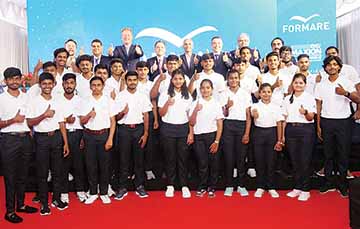
Industry-academia collaboration has long been the backbone of real world worthy solutions. Iochpe-Maxion which operates 33 manufacturing plants across 14 countries, including three in India produces approximately 50 million wheels annually, supplying a significant portion of the chassis for trucks in North and South America. The manufacturing facilities are strategically located close to customers, ensuring that client needs are met efficiently. As the global vehicle production hovers around 90 million units annually, the entity is prepared to scale operations in response to the anticipated growth in markets like India. It has found the answer to bridge the skill gap in a bid to execute on ground.
One such transformative initiative is the ‘Formare’ programme. Brought to India by the Iochpe Foundation and its long-time partner, Maxion Wheels, the focus on equipping economically disadvantaged youth with the tools for the real world is paying off. The skillset required for employability and bridging the gap between academia and industry are being imparted under the initiative. The programme aims to bring about sustainable change in both personal and professional spheres. Formare’s course work and journey, its expansion into India, the challenges faced, and the success stories from Brazil, and Mexico are beginning to reflect in India as per Claudio Anjos, President of the Iochpe Foundation
Early roots and horizon
The Formare program, initiated by the Iochpe Foundation, has a simple yet powerful goal: to empower vulnerable youth by providing them with technical education and hands-on industry experience. With successful implementation in Brazil and Mexico, Formare has helped thousands of students break out of the poverty cycle by focusing on three core Key Performance Indicators (KPIs): employability, income generation, and continued education.
Claudio Anjos, President of the Iochpe Foundation, emphasised the vision behind India’s programme expansion: “We have seen similar socioeconomic conditions between Brazil, Mexico, and India, where much underprivileged youths are unable to pursue higher education or secure stable employment. Our goal is to fill this gap by providing them with the tools they need to succeed.”
The India significance
India’s demographic dividend coupled with its large, youthful population positions it as a key player in global economics. However, a major challenge remains: a significant portion of this youth remains under-educated or unemployed due to financial constraints. According to Anjos, this situation mirrors that of Brazil and Mexico, where Formare has already proven successful. He drew attention to India’s growing economy and the need for skilled workers making it a prime destination for the Formare model.
Moreover, the Indian government’s push for skill development, as outlined in Prime Minister Narendra Modi’s vision for a “Skilled India” makes this initiative timely. The Formare program fits well with India’s National Education Policy (NEP) 2020, which emphasises vocational training and industry-academia collaboration to develop a skilled workforce. By focusing on providing education tailored to industry needs, the Formare program is helping India address its skills gap.
The selection process and collaborations
Formare’s entry into India was marked by significant groundwork. Anjos explained that the foundation conducted a thorough survey of various universities and communities are aligned with the needs of underprivileged youth. Through interactions with local communities and education institutions, Iochpe Foundation realised the critical need for accessible education in technical fields.
The partnership with Savitribai Phule Pune University (SPPU) became the backbone of Formare’s Indian venture. SPPU’s Skill Development Centre, operating under the NEP 2020 framework, was already running programs that aligned with Formare’s mission. “We chose SPPU because of its commitment to skill development and its ability to reach underserved communities,” Anjos noted.
The first batch of the Indian Formare program has 26 students, including 21 boys and five girls. The program is divided into four semesters, with students spending three months at the University and three months gaining hands-on experience at Maxion Wheels’ Pune plant.
Innovative learning and student exchange program
One of the distinguishing features of the Formare program is its emphasis on practical learning. Beyond classroom education, the program ensures that students receive valuable industry exposure, which is often missing in traditional educational systems. Anjos highlighted the importance to bridge the gap between what is learned in schools and the actual requirements of the industry. “Hands-on experience is crucial to developing a skilled workforce,” he stressed.
To enhance learning experiences, Formare plans to connect Indian students with their peers in Brazil and Mexico through virtual learning sessions. This initiative allows students to exchange ideas, share experiences, and learn from each other’s unique challenges. “We envision a global network of students who can support and inspire each other,”Anjos remarked.
Success stories from Brazil and Mexico
The Formare program’s success in Brazil and Mexico provides a glimpse of the potential impact it can have in India. Anjos shared inspiring stories from these countries, highlighting the life-changing opportunities Formare has provided. One notable case was a student from a small city in São Paulo, Brazil, who faced numerous obstacles on his path to success. Despite being discouraged by his teacher, the student persisted, even walking 30 kilometres to take the entrance exam. Today, that same student is an engineer and a manager at a multinational company. “What we are doing for this community, for these vulnerable students, is trying to give them everything they need beforehand so they can focus only on their education,” Anjos informed.
Another impactful story came is of a student in Mexico who landed a job offer in England. The student’s mother, untaught at the time, was so inspired by her son’s success that she decided to return to school to learn to read and write at the age of 65. This ripple effect, where education leads to transformation beyond the student and into the community, is a hallmark of the Formare approach as per Anjos.
Measurable impact and social upliftment
Formare measures its success not only by the number of students who complete the programme but also by their continued growth in life. Every two years, a social impact company assesses the KPI: employability, income growth, and education continuity. The results have been impressive. Within three months of completing the program, 90 per cent of students secure formal employment. Furthermore, 89 per cent of graduates continue their studies, often pursuing full degrees, postgraduate qualifications, or even PhDs. Over a six year period, graduates experience an average income increase of 142 per cent.
Anjos emphasised that these numbers reflect Formare’s deep commitment to long-term development: “We don’t just want to see students graduate we want to see them thrive in their careers and contribute to their communities,” he expressed. Many alumni have gone on to hold prominent positions, including roles as managers, supervisors, and even vice presidents in multinational companies as a direct outcome.
The expansion of Formare into India comes at a critical juncture in the country’s education sector. The NEP 2020 marks a shift towards a more holistic, flexible, and skill-based education system, aligning with Formare’s objectives. However, challenges remain, particularly in making quality education accessible to all, especially those from economically weaker sections. Anjos lauded India’s education reforms but stressed the importance of industry-academia partnerships. “The youth of India has immense potential, but without practical skills, they remain under utilised. By providing them with the right tools both theoretical and practical we can prepare them to be ready-made talent for industries, thus contributing to India’s growth.”
Industry academia collaboration
Although Formare is starting its journey in India with Maxion Wheels and SPPU, the program has far-reaching goals. Anjos expressed hopes of expanding Formare’s partnerships with other multinational companies operating in India, especially those with plants in Pune. He stated, “We are open to collaborating with any company that shares our vision of empowering youth through education.”
By building partnerships with local companies and universities, Formare aims to create a robust network that can catalyse change in India’s education and employment sectors. As the program grows, it will also continue to leverage its global network, ensuring that students in India have access to international opportunities and learning experiences. ACI


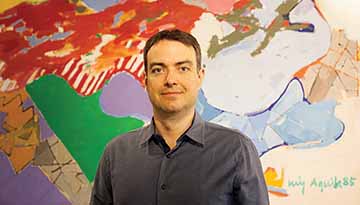
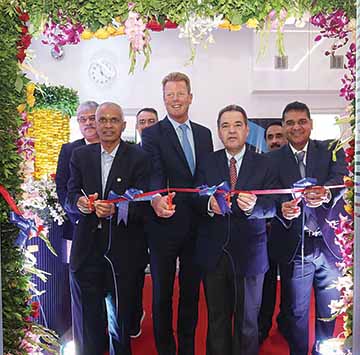




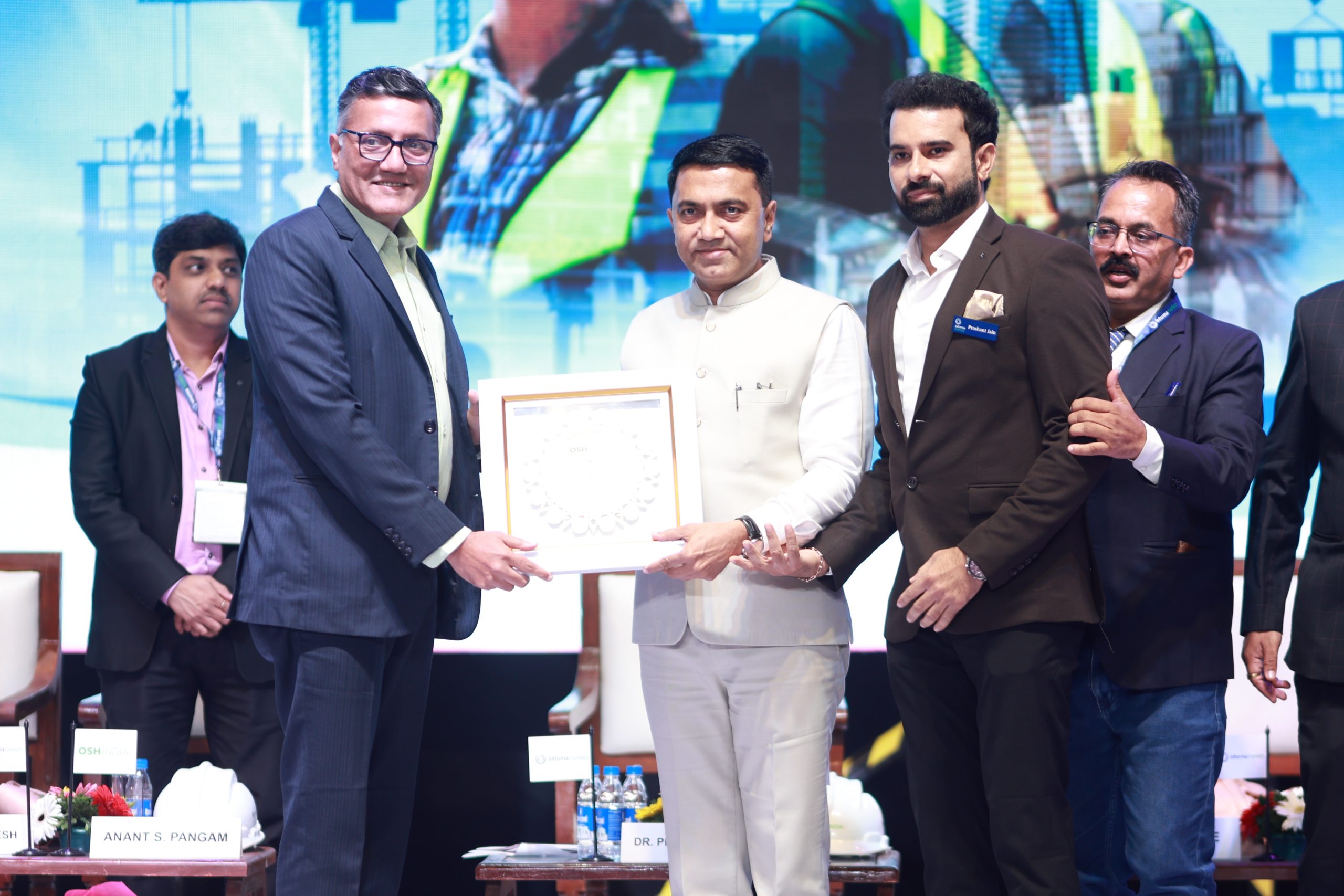
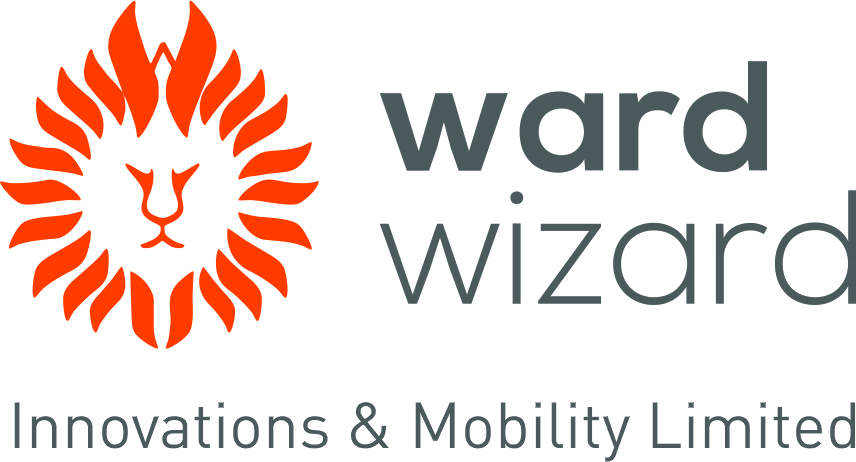

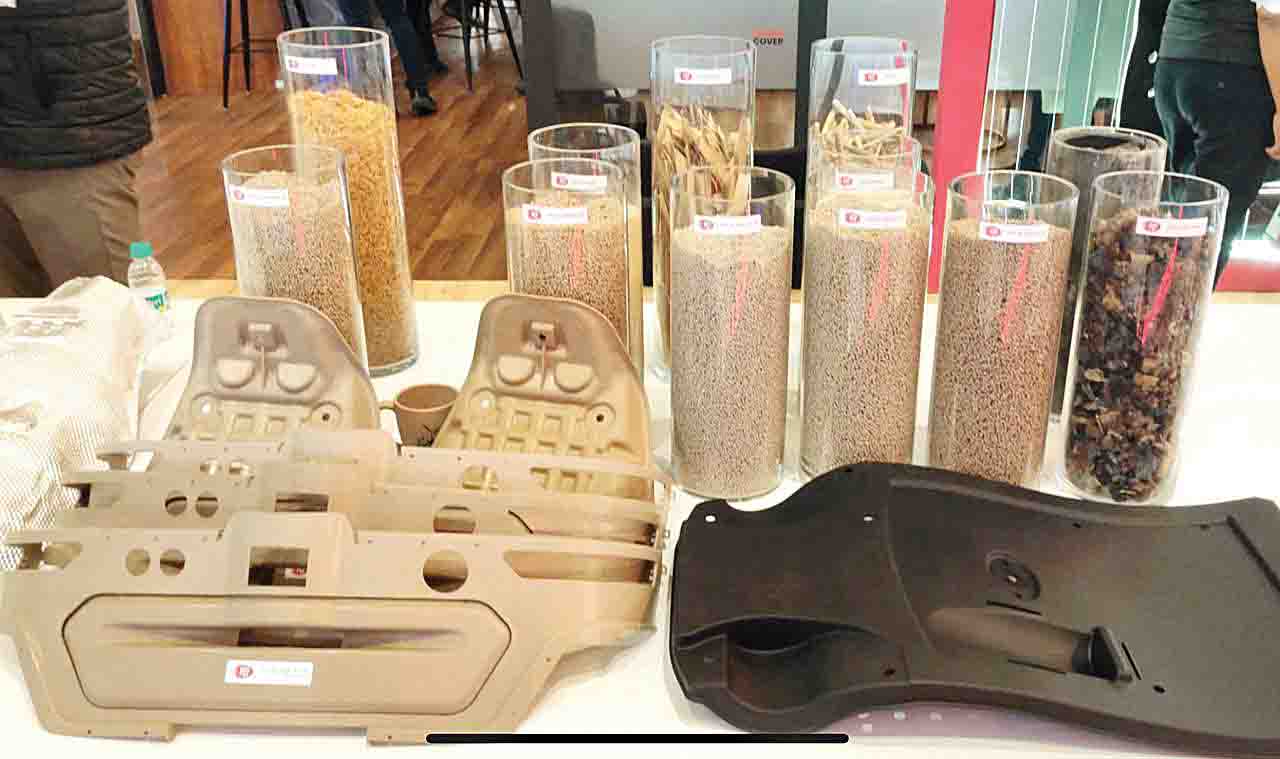
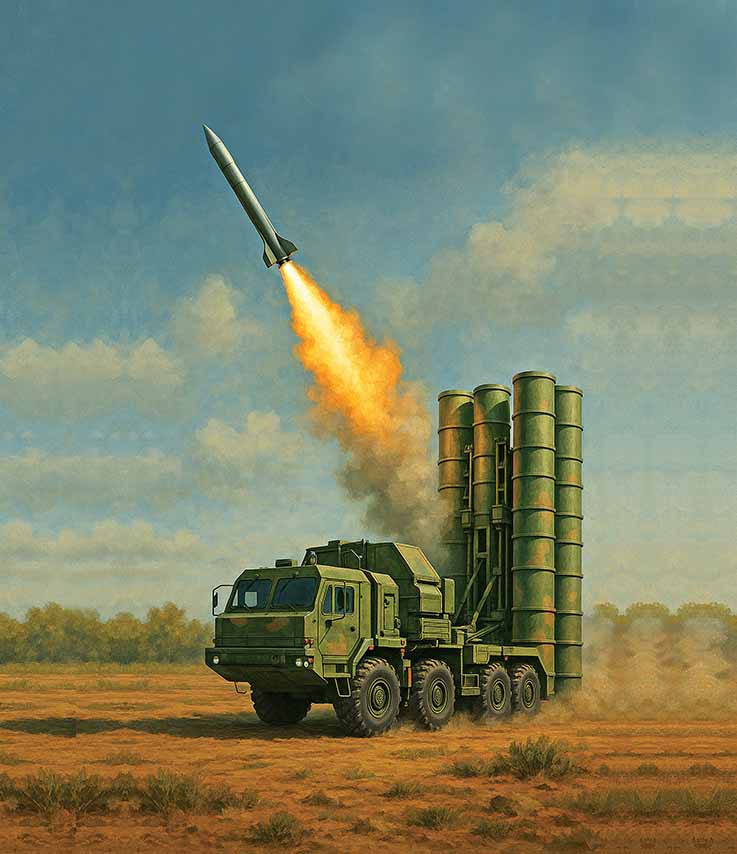




Leave a Reply